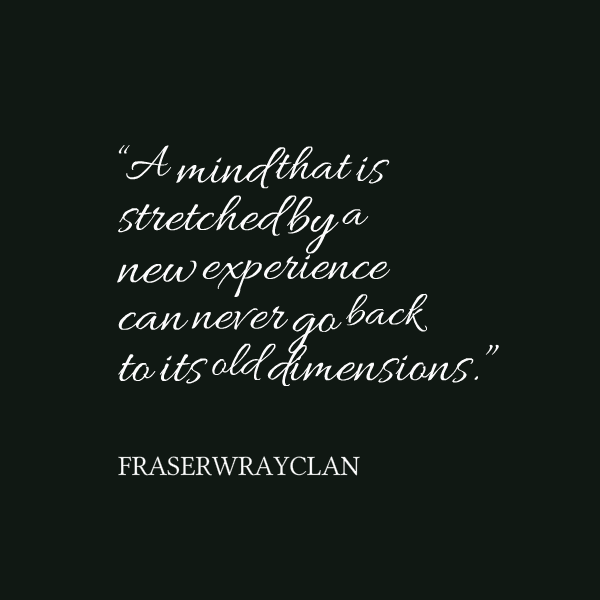A Kansas man was struck by lightning hours after buying three Mega Millions lottery tickets on Thursday, proving in real life the old saying that a gambler is more likely to be struck down from the sky than win the jackpot. Bill Isles, 48, bought three tickets in the record $656 million lottery Thursday at a Wichita, Kansas grocery store. On the way to his car, Isles said he commented to a friend: "I've got a better chance of getting struck by lightning" than winning the lottery. Later at about 9:30 p.m., Isles was standing in the back yard of his Wichita duplex, when he saw a flash and heard a boom -- lightning. "It threw me to the ground quivering," Isles said in a telephone interview on Saturday. "It kind of scrambled my brain and gave me an irregular heartbeat." Isles, a volunteer weather spotter for the National Weather Service, had his portable ham radio with him because he was checking the skies for storm activity. He crawled on the ground to get the radio, which had been thrown from his hand. Isles had been talking to other spotters on the radio and called in about the lightning strike. One of the spotters, a local television station intern, called 911. Isles was taken by ambulance to a hospital and kept overnight for observation. Isles said doctors wanted to make sure his heartbeat was back to normal. He suffered no burns or other physical effects from the strike, which he said could have been worse because his yard has a power line pole and wires overhead. "But for the grace of God, I would have been dead," Isles said. "It was not a direct strike." Isles said he had someone buy him ten more tickets to the Mega Millions lottery on Friday night. While one of the three winning tickets was sold in Kansas, Isles was not a winner. Officials of the Mega Millions lottery, which had the largest prize in U.S. history, said that the odds of winning lottery were about 176 million to one. Americans have a much higher chance of being struck by lightning, at 775,000 to one over the course of a year, depending on the part of the country and the season, according to the National Weather Service. Isles, who is out of work after being laid off last June by a furniture store, said he did once win $2,000 in the lottery and will keep playing. "The next time I will use the radio while sitting in the car," he said








